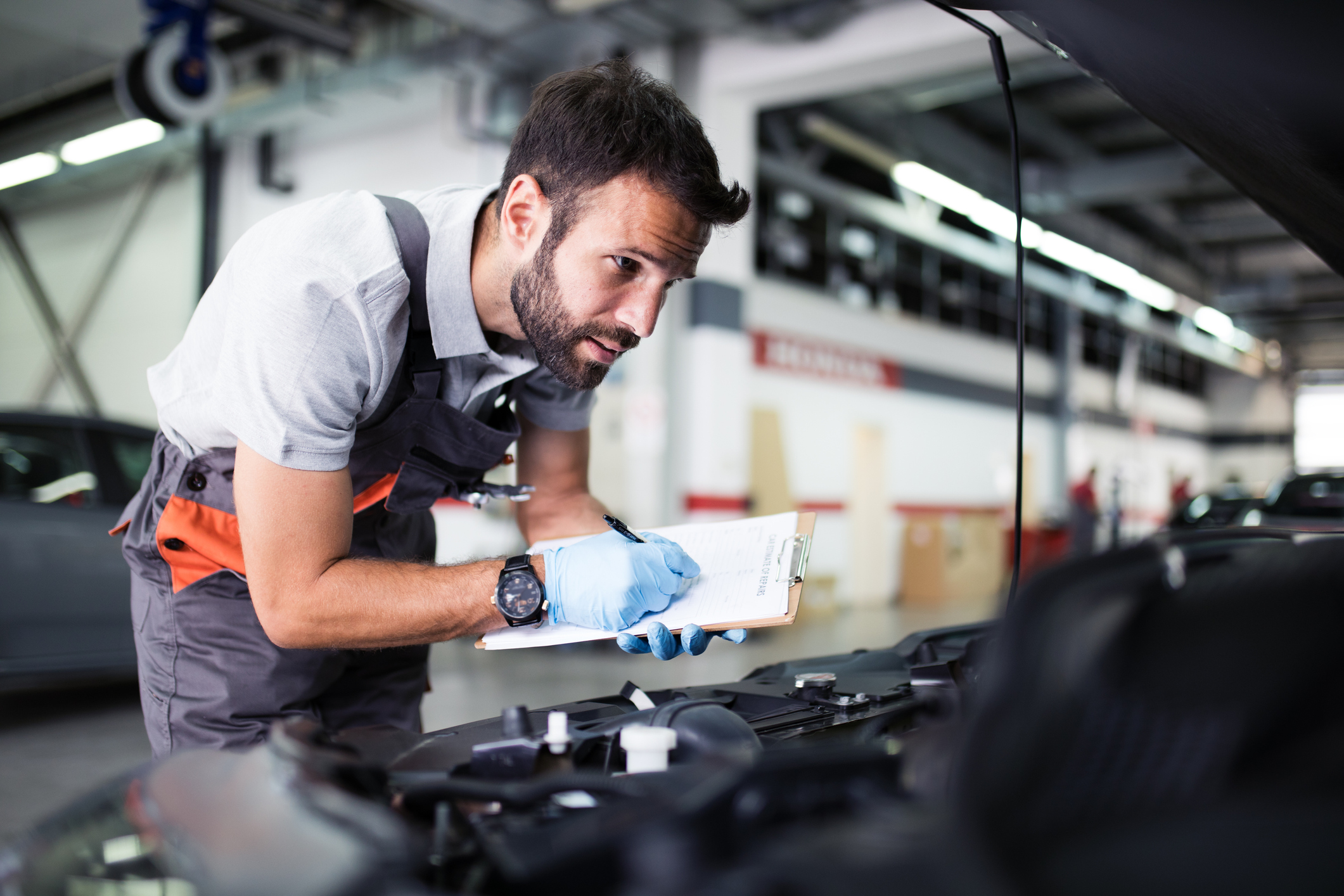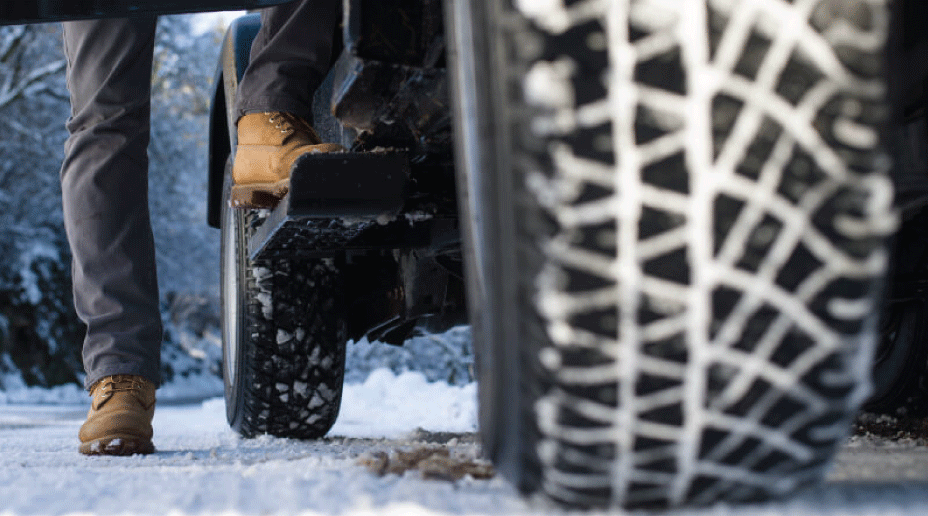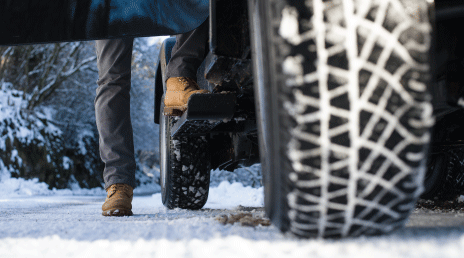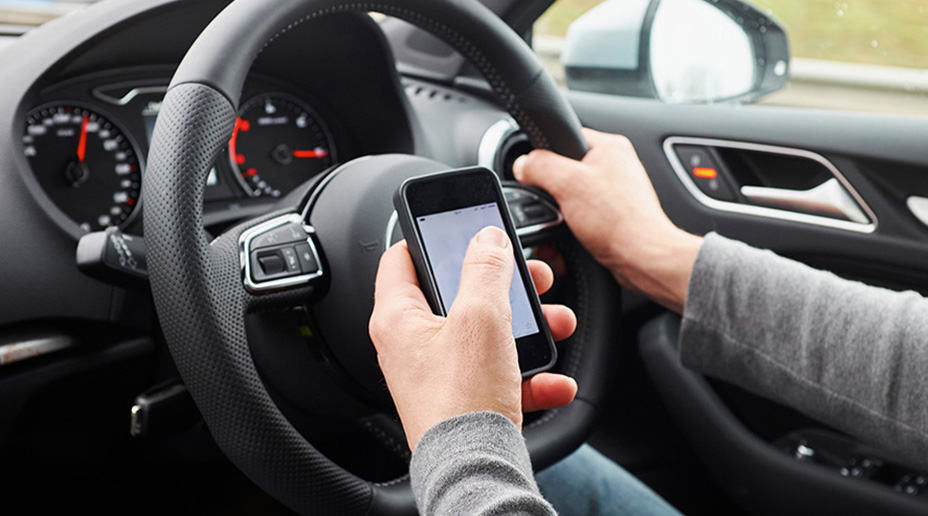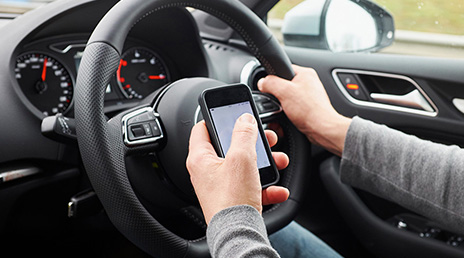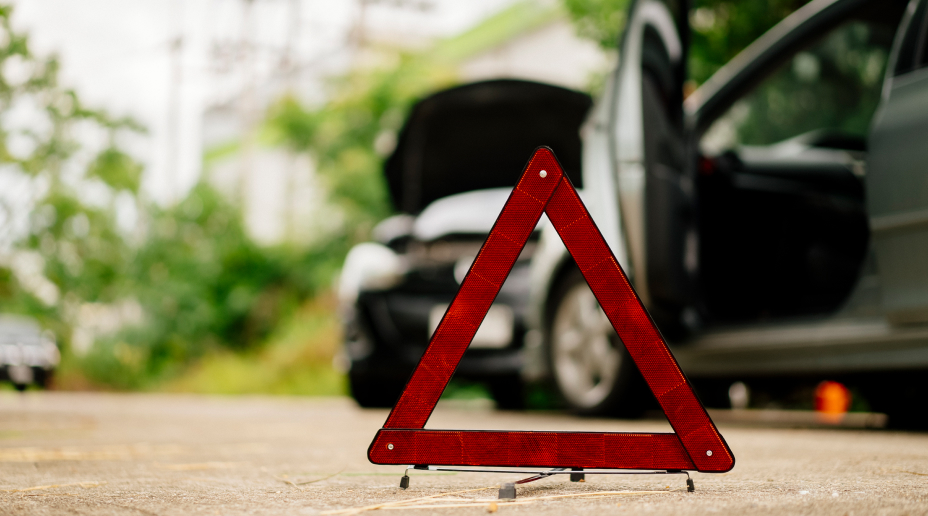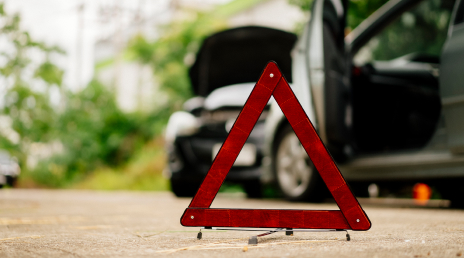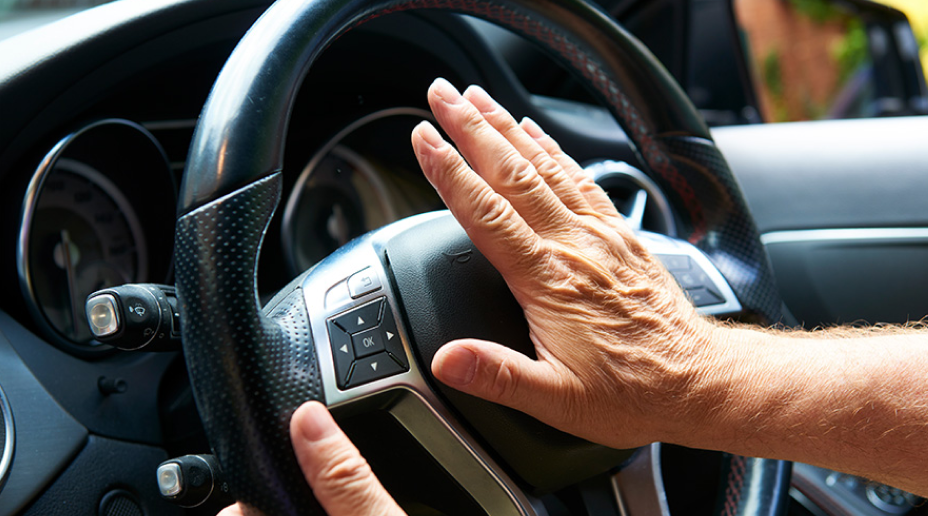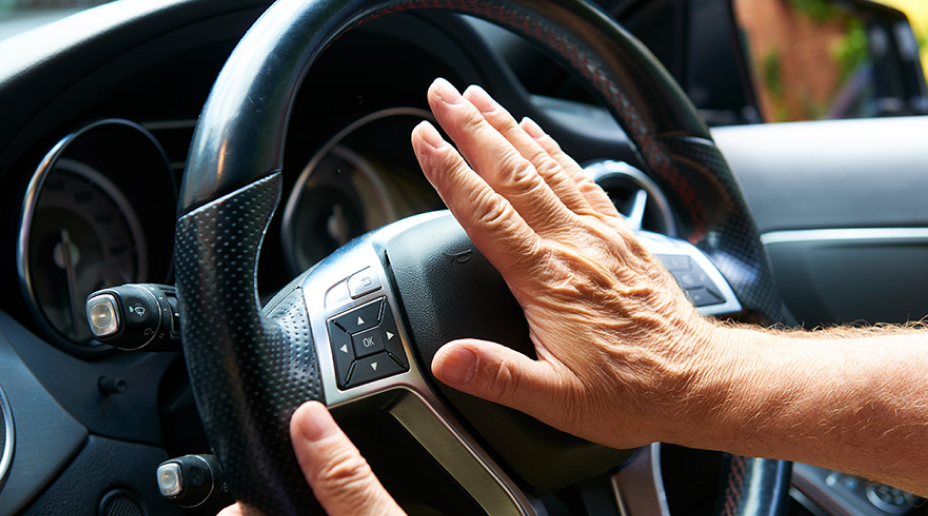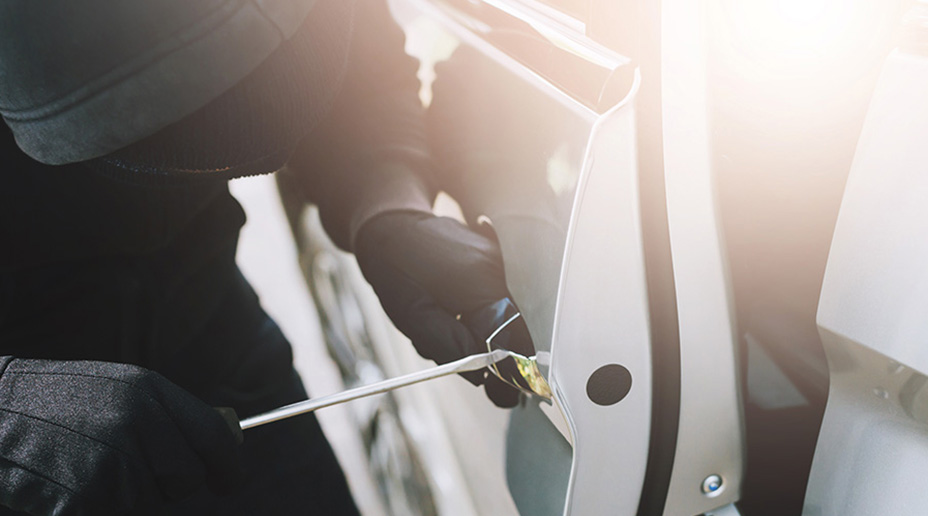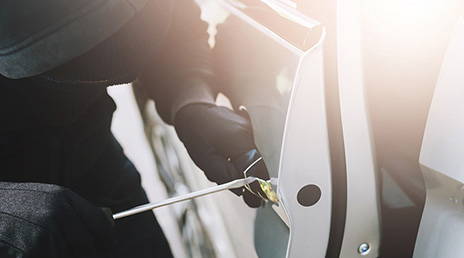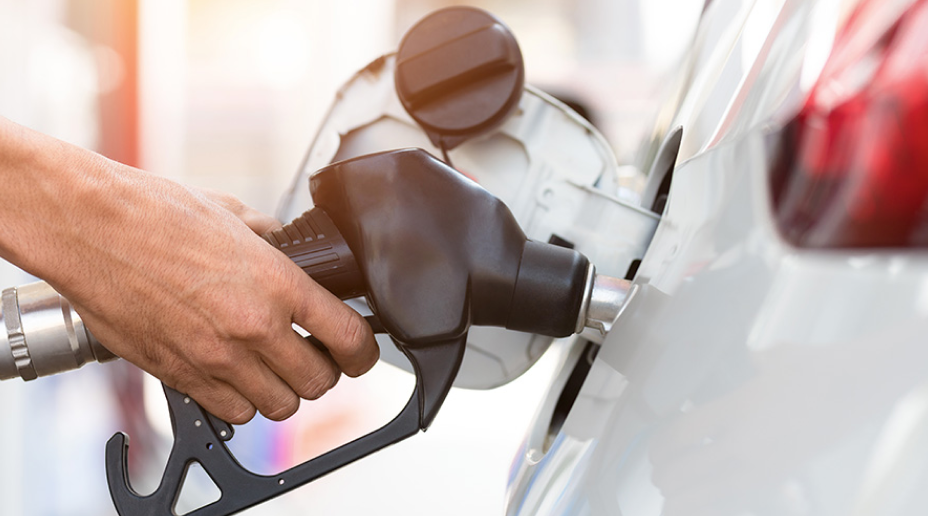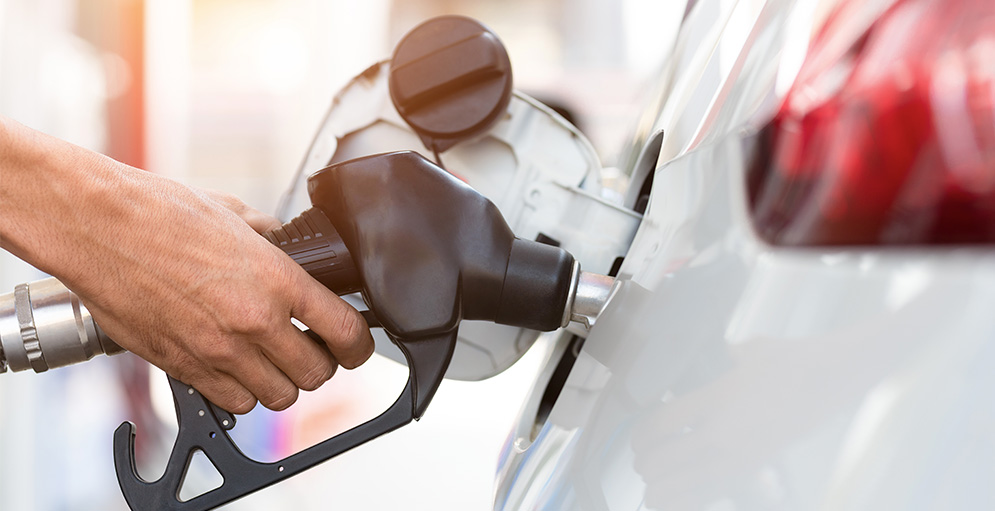Your car may fail its MOT if its parts and processes don’t meet the legal standards for a road-worthy vehicle, as set out by the government, but that’s not all - counterfeit parts can also affect your vehicle’s road-worthy status.
Counterfeit car parts are advertised and sold as being genuine branded vehicle parts, but are in fact, fake. These parts can be hard to spot as they’ll often look very similar to genuine parts, however, despite their façade, they’re unlikely to have been safety tested, and will be made using inferior materials.
Let’s take a look at some research carried out by the government’s Intellectual Property Office
· More than 45% of UK motorists who unknowingly bought a fake car part, found out through their garage after the part faulted, with 30% becoming aware during a routine service or MOT.
· Worryingly, 14% of UK motorists who purchased fake parts bought counterfeit airbags and 12% bought fake brake pads or discs.
· In addition, 25% bought fake car batteries, 23% used fake tyres/wheels and 19% purchased counterfeit windscreen wipers.
These counterfeit parts will cause your vehicle to fail its MOT, but more importantly, they put your safety and the safety of your passengers at risk. Always buy parts through a reputable, credible and trusted seller.
So how can you tell if a part is fake?
· If the price seems too good to be true, it probably is.
· Look at customer reviews and conduct some background research on the seller.
· Fake parts are often ‘one size fits all’ rather than specific to your make and model.
· Genuine parts will always come with a certificate of Original Equipment.
· Selling counterfeit parts is illegal, so sellers should be reported.
